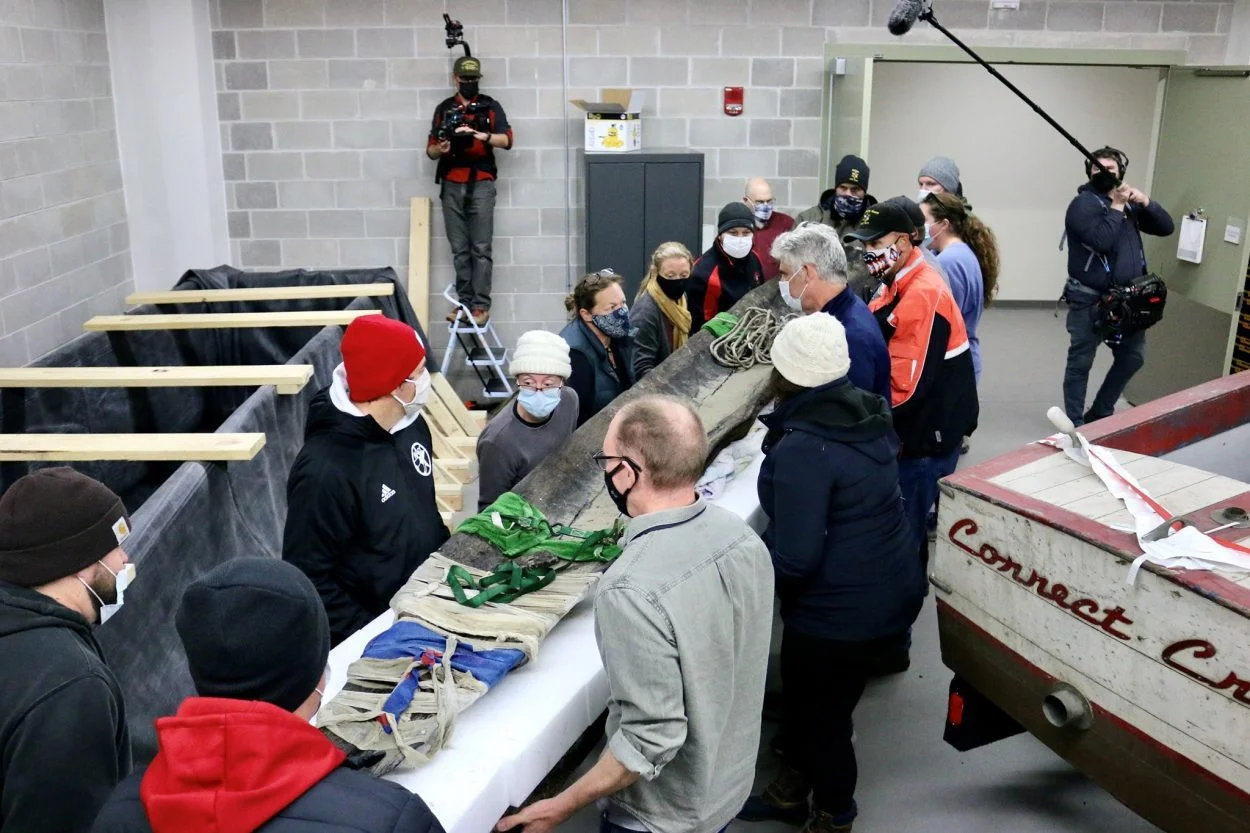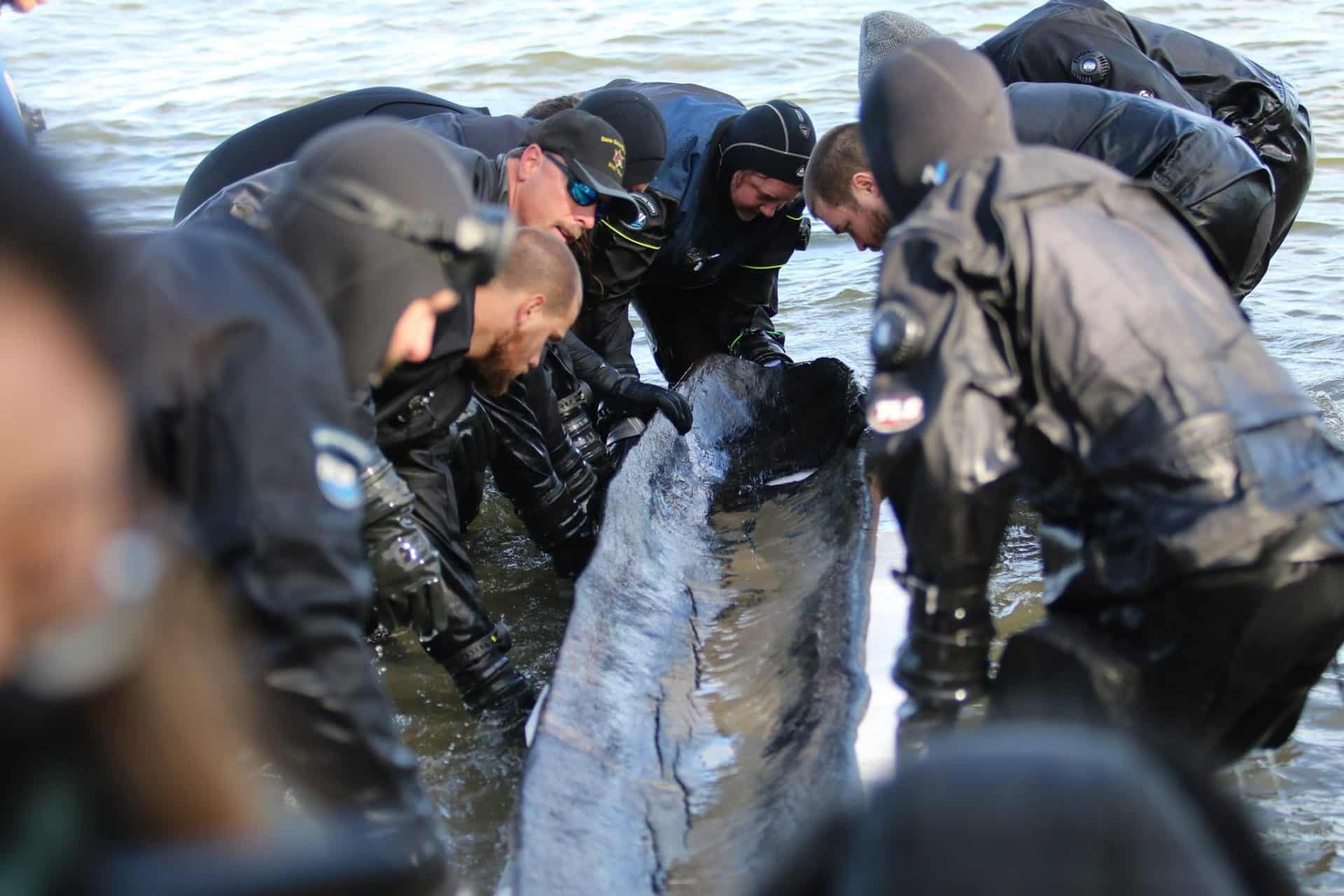Maritime archaeologists from the Wisconsin Historical Society have recovered a dugout wooden canoe in Lake Mendota, located in Wisconsin, United States of America.
The canoe was first discovered in June 2021 at a depth of 30 feet, in which divers from the WHS and the Dane County Sheriff’s Office dive team collaborated to retrieve from the lakebed.
Carbon dating has placed the canoe to around AD 800, centuries before the arrival of Europeans to the continent, which was also found with net sinkers indicating that it was used for fishing in the lake.
Christian Overland, the Ruth and Hartley Barker Director & CEO for the Wisconsin Historical Society said: “The dugout canoe found in Lake Mendota is a significant artefact of the continuum of canoe culture in the Western Great Lakes region.”

“By taking action to preserve the canoe, we are protecting a piece of history for future generations. It is a remarkable artefact, made from a single tree, that connects us to the people living in this region 1,200 years ago. As the Society prepares to open a new history museum in 2026, we are excited about the new possibilities it offers to share Native American stories and culture through the present day.” Added Overland.
The canoe has been transported to Wisconsin’s State Archive Preservation Facility where it was placed in a custom-built storage vat containing water and a bio-deterrent to protect the canoe from physical deterioration. A chemical solution will be added to the vat that will replace the water in the cellular structure of the wood overtime, a process that is estimated to take approximately 3 years.
Header Image Credit : Wisconsin Historical Society





